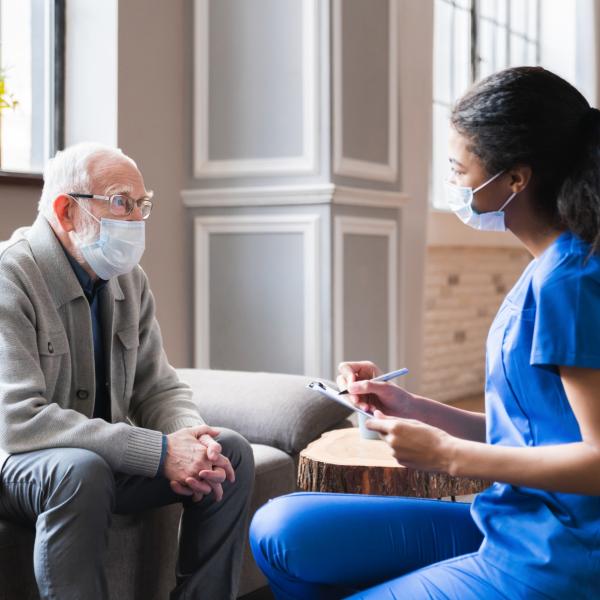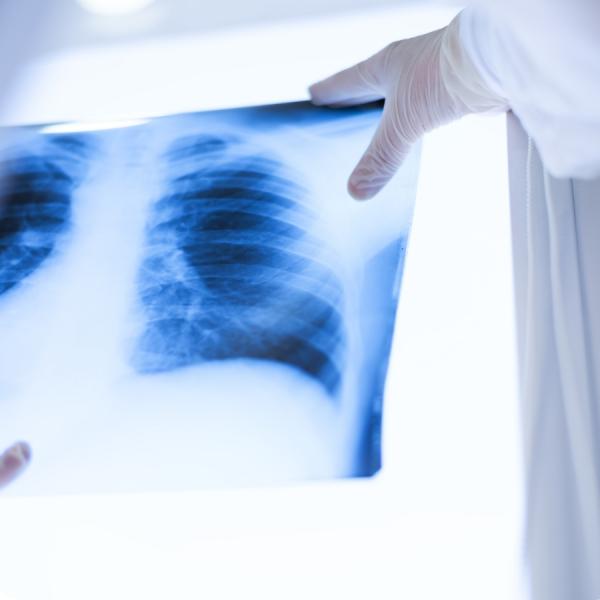Cancer Screening Programmes
Screening programmes in north east London
Screening programmes save lives. In most cases, screening shows that nothing is wrong, giving you peace of mind. If something is detected, finding it early makes it easier to treat. Find out more about the free screening programmes available in north east London:
Download an easy read patient leaflet on cancer screening.
Bowel screening
If you are aged between 60 and 74 (now extended to 56 year olds and will be extended to 50 year olds from May 2024) you will automatically be sent a home testing kit every 2 years, which will look for blood in your poo.
Blood in your poo does not always mean that you have cancer, but it indicates that you need to have more tests.

Breast screening
All women aged between 50 and 71 who are registered with a GP will be invited for breast cancer screening every 3 years. It involves taking X-rays of your breasts (mammograms) to see if there are any changes or signs of cancer before they can be seen or felt. This will be done by a female mammographer.
Breast screening is important in preventing and detecting breast cancer. It offers a significant opportunity for early detection which increases the chances of recovery and reduces the need for aggressive treatments like chemotherapy.

Cervical screening
Women and anyone with a cervix between the ages of 25 and 64 should be invited for cervical screening at their GP surgery. Cervical screening does not test for cancer, but looks for human papilloma virus (HPV) which can cause changes in the cervix.
If these changes are picked up early, they can be treated before cancer develops.
Trans men and non-binary people may not be automatically called for screening if they are not registered as female with their GP. The No Barriers service at 56 Dean Street in Soho provides screening appointments for trans men and non-binary people, who may not feel comfortable attending their GP practice.

Lung cancer screening
Lung cancer screening is offered free to people aged 55-74 who have ever smoked, as part of the national NHS Lung Cancer Screening Programme.
It finds out how well your lungs are working and aims to rule out any serious conditions.
Often, early problems with the lungs do not cause any symptoms, so it is important to attend even if you are fit and healthy.

What is bowel screening?
Watch our video which explains bowel cancer symptoms and the importance of completing and returning your bowel screening test kit.
For versions in different languages, visit our video webpage.
What is breast screening?
Watch our video to find out more about breast screening.
For versions in different languages, visit our video webpage.
What is cervical screening?
Watch our video showing the importance of cervical screening. It helps overcome some common myths and fears with cervical screening, cervical cancer and HPV.
For versions in different languages, visit our video webpage.
What is lung cancer screening?
Watch our video which explains what lung cancer screening is.
For versions in different languages, visit our video webpage.
